How to open a UK bank account online in 2025
Check out our essential guide on how to open a bank account online, including bank types, required documents, fees, and more.

Thinking of moving to Morocco? If you’ll be spending a decent length of time there, you’ll need to think about how to best manage your money in Moroccan dirhams (MAD).
It could be useful to open a Moroccan bank account, which will make it easier to get paid if you’re working, pay monthly bills and cover other everyday expenses. But which is the best bank to choose?
Read on for a full rundown of the top banks in Morocco, including the likes of CIH Bank, Attijariwafa Bank, Bank of Africa and Al Barid Bank. We’ll also give you some info on the accounts each bank offers.
Morocco’s banking sector is well developed and is one of the largest in the Middle East and North Africa (MENA) region. It’s made up of locally owned and French banking group owned institutions, and is overseen by the country’s central bank, Bank Al-Maghrib.
To open a bank account in dirham (MAD) in Morocco, you’ll usually need to be a resident. However, you might be able to open foreign currency accounts there without living in the country.
You can apply online or in branch (depending on the bank), with the following documents:¹
In terms of banking fees, you’re likely to encounter monthly or quarterly maintenance charges for accounts and packages. Other charges for things like ATM withdrawals or falling below a set minimum account balance vary between banks.
And like banks in many other countries, some Moroccan banks may charge high fees for overseas transfers.
If you need to manage your money internationally and want to save money, check out the Wise account instead. It’s not a bank account but offers some similar features.
Learn more about the Wise account 🚀
Now, let’s take a look at some of your options when it comes to choosing a bank in Morocco.
Here are some of the country’s biggest and most popular banks:
| Bank name | Operational HQ |
|---|---|
| CIH Bank | Casablanca |
| Al Barid Bank | Casablanca |
| Attijariwafa Bank | Casablanca |
| BOA – Bank of Africa | Casablanca |
| Banque Populaire du Maroc | Casablanca |
| Crédit Agricole du Maroc | Rabat |
| Société Générale Maroc | Casablanca |
| BMCI | Casablanca |
| Crédit du Maroc | Casablanca |
| CFG Bank | Casablanca |
Moroccan investment bank CIH (Crédit immobilier et hôtelier) was founded in 1920, and today offers a range of banking and financial services.
This includes accounts, credit, insurance and savings, as well as specialist financial services aimed at professionals and companies.
For everyday banking, the most popular option for personal customers at CIH Bank is a packaged solution like the Intilak Pack. This comes with an account, online banking, debit card and insurance.
Launched in 2010, Al Barid Bank is owned by Poste Maroc, the company responsible for the postal service in Morocco. It’s a commercial bank, it has a wide network of branches and ATMs across the countries.
The bank only serves personal customers, with services aimed at working professionals, young people and students, Moroccan residents abroad, retired people and the self-employed. It doesn’t have any business accounts.
Alongside savings, investments, insurance and other services, Al Barid Bank offers a Checking Account and a number of banking packages.
One of the largest banks in Morocco and across Africa, Attijariwafa Bank began life in 2004 following a merger between established banks Banque Commerciale du Maroc and Wafabank.
Today, it operates across multiple countries, and even has a presence in the UK.
In Morocco, the bank offers a long list of financial services to personal and business customers, plus students, investors, private banking clients, SMEs and micro-enterprises.
For everyday banking, Attijariwafa Bank offers cards, online and mobile banking, and a range of banking packages. The details of these aren’t available online, so you’ll need to speak to an advisor at the bank or visit a branch.
Another of the country’s biggest banks, Bank of Africa (BOA) was first established back in 1959 - when it was called Banque Marocaine du Commerce Extérieur. It rebranded with its new name in 2020. The bank operates across multiple countries in Africa, and has its Moroccan headquarters in Casablanca.
It serves personal customers, professionals, enterprises, private clients and Moroccans living abroad.
For everyday banking, BOA has a checking account, savings account and a choice of banking packages.
For businesses, it offers current and foreign currency accounts, finance solutions, credit cards, insurance, cashflow management solutions and investment funding.
Part of the successful BCP Group which operates across multiple countries in Africa and worldwide, Banque Populaire du Maroc has its Moroccan headquarters in Casablanca.
It has a specialist corporate banking arm, which offers tailored accounts and services for the self-employed, very small businesses, SMEs and big businesses. There’s also a Banque Populaire private bank.
For personal customers, the bank offers accounts, cards, savings, insurance, real estate loans and many other products. One of its most popular accounts for day-to-day money management is its Checking Account, but it also has a huge number of packaged solutions targeted at every kind of customer.
Crédit Agricole du Maroc is part of the French international banking group Crédit Agricole, one of the largest in the world. In Morocco, the bank was founded in 1961 and is now based in Rabat.
It offers personal and business banking, with specialist services available for farming/agricultural businesses, private banking clients, corporate customers and students.
Business customers can choose from a range of accounts, loans, financing solutions, cards, cashflow management and cash collection services.
For individuals, Crédit Agricole du Maroc has a Checking Account offering everything you need for everyday money management.
Société Générale Maroc has roots dating back to 1913. It’s owned by major French multinational financial services group Société Générale, although is soon to be sold to Saham Group.²
It has three main focuses - personal, professional and business customers. The bank also serves Moroccan citizens living in other countries.
Alongside savings, loans and insurance, Société Générale Maroc offers accounts and packaged banking solutions. A popular choice is the Moufid Pack, which comes with an account, card, mobile banking and other useful services.
For businesses, the bank has a range of accounts, financing solutions, cards and insurance products.
BMCI (Banque marocaine pour le commerce et l'industrie) is owned by leading French banking group BNP Paribas. It was founded in 1964 and today has its headquarters in Casablanca.
The bank has products for individuals, professionals and companies, as well as private banking clients.
For businesses, services include international trade, growth financing, cash flow and operating cycle management, alongside everyday solutions such as accounts and cards.
Personal customers can choose from cards, credit, insurance, savings and investments at BMCI. There’s a standard Checking Account, as well as all-in-one solutions like the Presence Pack.
Founded in 1929, Crédit du Maroc is owned by the Morocco-based Groupe Holmarcom. It specialises in banking and insurance, serving personal, professional, business and private banking customers.
Crédit du Maroc offers a range of accounts, borrowing solutions, insurance and other everyday money management services to personal customers. This includes packages such as the Global Plus Pack, available in three options to suit every customer.
For businesses, services include accounts, support for growth, financing, factoring, investments and more.
CFG Bank started life in 1992 as one of the country’s first investment banks, but today operates as a universal bank. It serves both individuals and professionals, with no business accounts.
For personal customers, products include accounts, packages, cards, savings, financing, investments and insurance. A popular choice at CFG Bank is its Discovery Package, which includes a card, account and everyday banking services.
Unlike some other countries, there aren’t a lot of digital banks and money apps operating in Morocco. However, some of the country’s biggest banks have developed mobile banking apps and digital services.
Here are a few alternative options:
If you want to send money internationally, or use your debit card when you travel, you could find it expensive with a Moroccan bank.
The good news is that there’s an attractive alternative – the Wise account. Cutting out the complexities of a bank, this allows you to send money worldwide for low fees* and a great exchange rate, with no complicated markups to consider.
Plus, you can get an international debit card that supports 150+ countries, including Morocco. This clever card automatically converts your money to the local currency at the mid-market exchange rate, only adding a tiny, transparent currency conversion fee.
Sources used:
Sources last checked on date: 31-Oct-2024
*Please see terms of use and product availability for your region or visit Wise fees and pricing for the most up to date pricing and fee information.
This publication is provided for general information purposes and does not constitute legal, tax or other professional advice from Wise Payments Limited or its subsidiaries and its affiliates, and it is not intended as a substitute for obtaining advice from a financial advisor or any other professional.
We make no representations, warranties or guarantees, whether expressed or implied, that the content in the publication is accurate, complete or up to date.
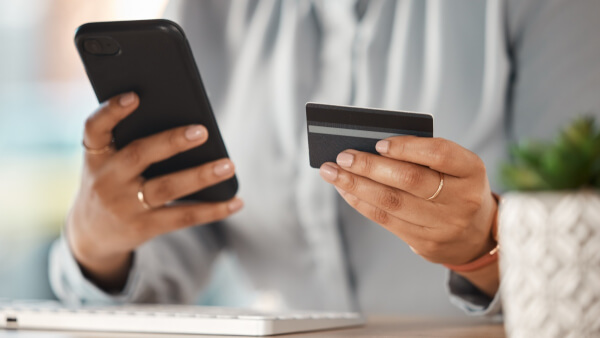
Check out our essential guide on how to open a bank account online, including bank types, required documents, fees, and more.

Check out our essential guide on how to open a bank account in Jersey as a British expat, including documents, fees, banks and much more.
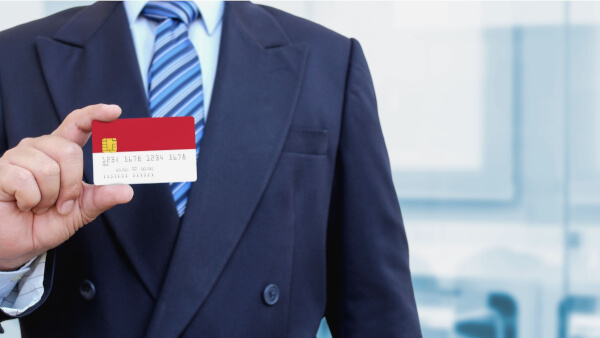
Check out our essential guide on how to open a bank account in Monaco as a British expat, including documents, fees, banks and much more.
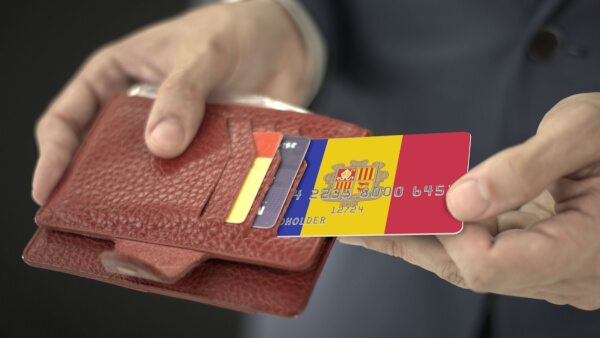
Check out our essential guide on how to open a bank account in Andorra as a British expat, including documents, fees, banks and much more.
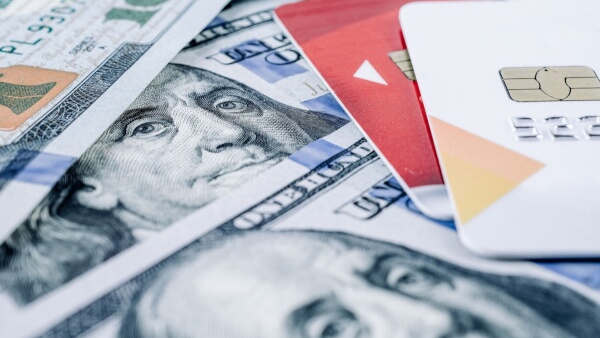
Read our rundown of the best Nationwide USD account alternatives available in the UK, including HSBC, Lloyds, Wise, Barclays, Revolut and more.
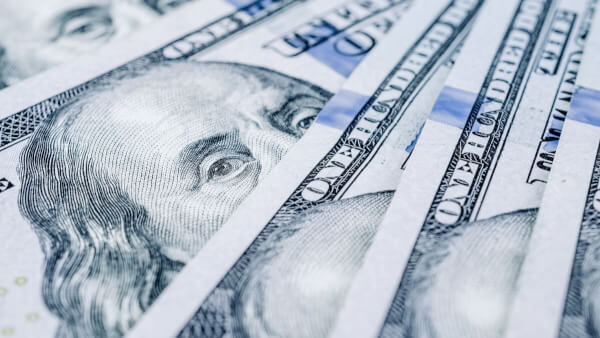
Read our essential guide to the Revolut USD Account, including info on features, fees, rates, limits and how to apply.